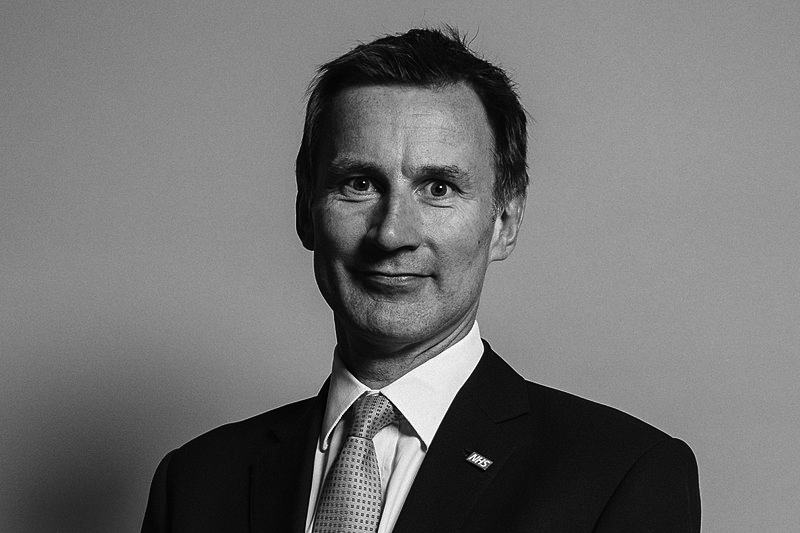Originally published November 2022.
In his quest to ensure that no pound is left circulating outside of the Treasury’s coffers, Jeremy Hunt is attempting to set out some £60bn in tax rises and spending cuts. This is quite a lot of money, even by the standards of the British state. It’s a little over a third of this year’s spending on the NHS. In other words, no matter how much your wallet might flinch at the prospect, the ‘tax rises’ part of that sentence will be doing serious work. The latest proposal doing the rounds in the media is the abolition of the 2.99% cap on council tax increases. This is not a terrible idea, but the Chancellor could do better.
“The core problem with council tax is that it doesn’t do what it’s meant to”
Council tax is not popular. It is also badly designed. And the Government could raise quite a lot of money by improving it. The core problem with council tax is that it doesn’t do what it’s meant to. In theory, houses which are worth more are taxed more. In practice, houses are taxed on what they were worth in 1991; there has been no effort to revalue houses since this date.
This would just about work if prices had risen evenly across the country, but they haven’t. Houses in London have appreciated considerably faster than houses in Knowsley. Moreover, the system has proved remarkably poor at coping with increases in wealth. Even as some property values soar into the stratosphere, they are taxed on the same eight band schedule as everything else. There is not enough granularity in the data with which to target higher taxes on the wealthiest.
Moreover, the way council tax is set means that each property band is taxed as a proportion of the band D rate; band A is taxed at 6/9ths, band H at 18/9ths. Hunt’s proposal to ‘scrap the cap’ can raise more money, but only by taxing people at the bottom of the distribution more.
In combination, these observations suggest that a better approach than a blanket increase in the rate of council tax would be an effort to improve its accuracy. We are not actually taxing people on the worth of their property, let alone their ability to pay. There is still a significant amount of money being left on the table by the current design.
This effort could take a number of forms. A revaluation exercise could be conducted to accurately price and band properties, but would prove immensely unpopular with the losers. An alternative would be to revalue properties on sale, making sure there would be no people immediately worse off. People buying new houses would be able to price in the new council tax band and plan their purchase accordingly. It would also be possible to add more bands to the current system, creating – in kind – a version of Ed Miliband’s proposed ‘mansion tax’. If levied at very high property values, this would be able to raise money from wealthy owners, without causing financial hardship for those lower down the distribution. A more basic proposal would be to weaken the link between the upper bands of council tax and the band D rate, giving councils more flexibility to tax according to the actual property value of their area.
None of these options are likely to be terribly popular. They are still likely to be less damaging – both politically and economically – than a broad-based tax increase across all levels of wealth and society.
Originally published by capx.co and reprinted here with permission.








